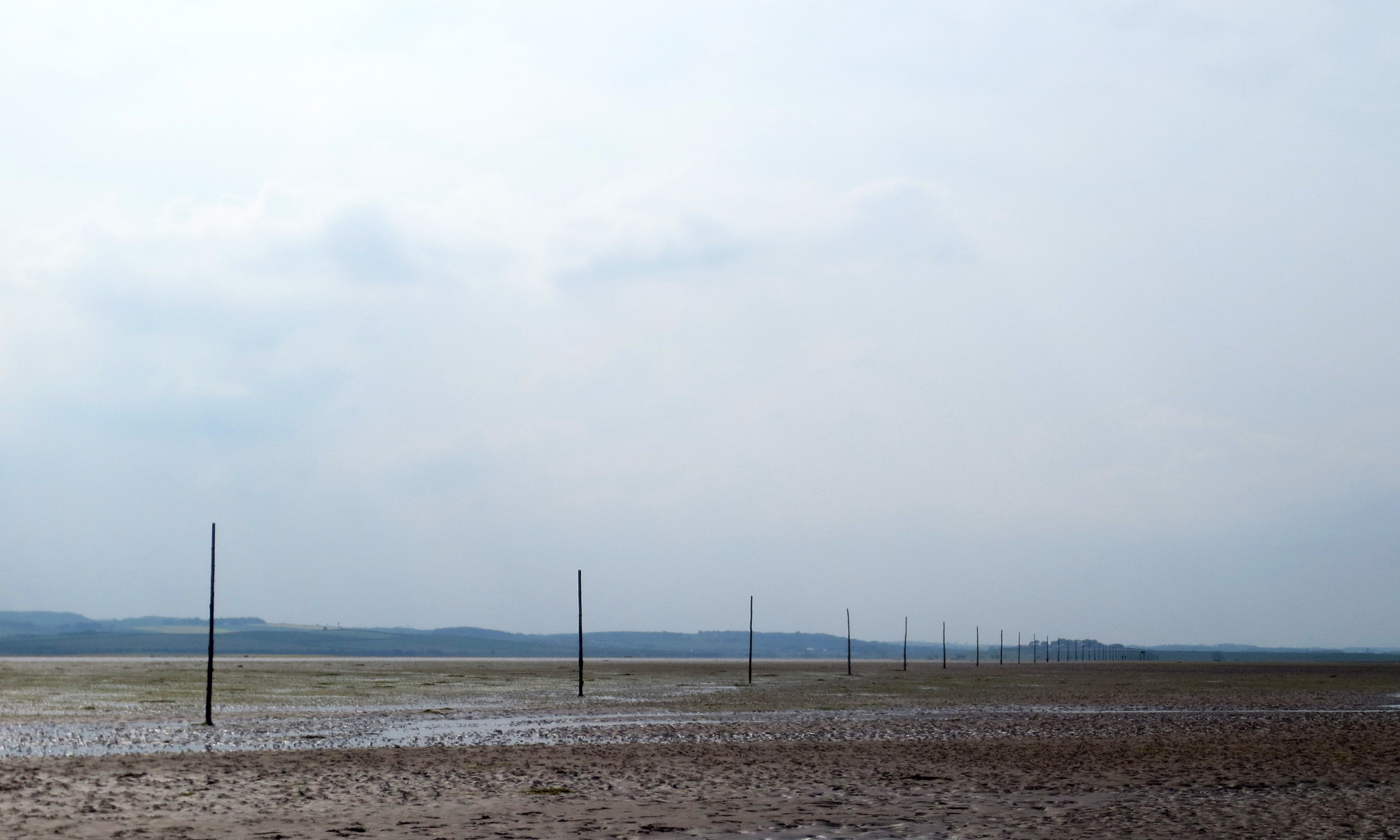In the Lectionary, Hagar the slave is thrown out of Abraham’s household, along with her son. Throughout that long passage, he’s not given a name – as if his history ends there. It’s a bitter kind of freedom for them, released into destitution and the daily fear of death in the wilderness. As the boy grows, they learn to get by in that harsh environment – you learn to do what you have to do to keep alive. We hear about God’s promise to them as well, a nation from the son. But it’s not the mainline of scripture history, it’s a sidetrack. If some people are chosen, then some people must be unchosen. There are also stands of inclusivity in the Old Testament Scriptures, like the story of Ruth the Moabite; but in the main the understanding of God is of one who has favourites. This grim theme is not completely undone until Jesus comes and people reflect on his life and its significance. Romans 6:3… “Do you not know that all of us who have been baptised into Christ Jesus…” the ‘all of us’ (as we see elsewhere) is now open to people of all nations and of every social standing.
But there’ s still a choice to be made. This time, the choice is ours, though. In Matthew’s gospel, Jesus invites people to follow him – but he’s honest about what that’s going to cost – and it will be everything.
There’s been a bit of sun this morning, but mostly cloud. Also there were a few spots of rain just after I got in. It was a bit of a ‘Goldilocks’ walk: nice.
